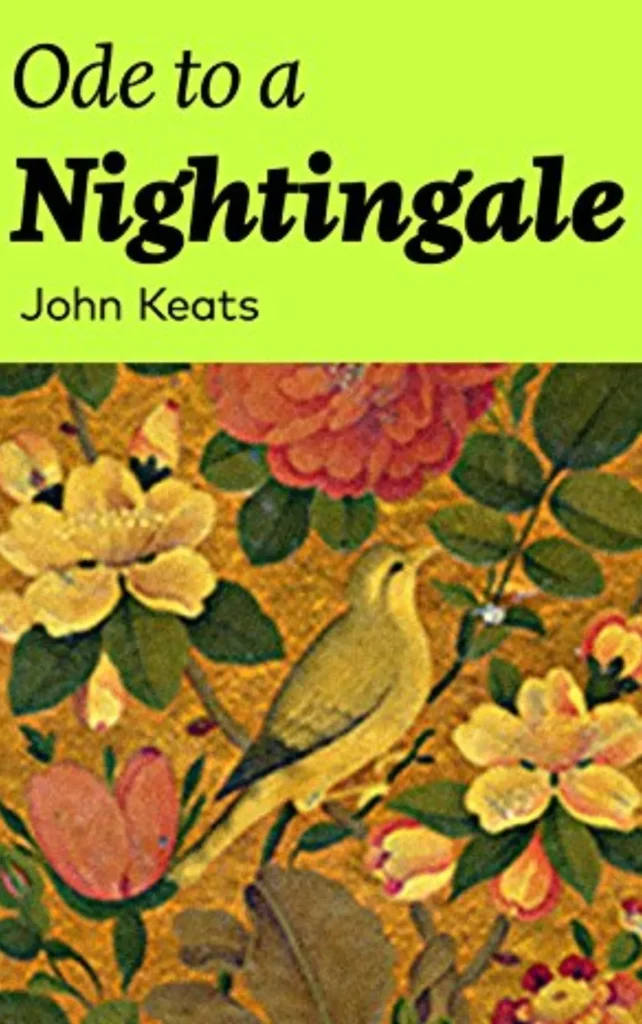About the Poem “The Negro Speaks of Rivers“
| Poem Title | The Negro Speaks of Rivers |
| Author | Langston Hughes |
| Year of Publication | 1921 |
| Genre | Lyric poetry |
| Imagery | Rivers, water, the Nile River, the Congo River, the Euphrates River, the Mississippi River, the Amazon River |
| Style | Free verse (unrhymed and without a specific metrical pattern) |
| Symbolism | Rivers represent the African diaspora and the speaker’s connection to his heritage. Water represents life, hope, and resilience. |
| Figurative Language | Personification, metaphor, simile |
| Mood | Reflective, meditative, hopeful |
| Tone | Solemn, prideful, determined |
Themes of The Negro Speaks of Rivers
The themes of “The Negro Speaks of Rivers” by Langston Hughes are:
- Cultural Roots ➤ Celebrating the deep historical and cultural connections of African Americans to rivers and their heritage.
- Resilience ➤ Portraying the strength and endurance of the African American people in the face of adversity.
- Unity ➤ Expressing a sense of unity among all African descendants, highlighting the shared experiences and history.
“The Negro Speaks of Rivers” Poem by Langston Hughes
I’ve known rivers:
I’ve known rivers ancient as the world and older than the flow of human blood in human veins.
My soul has grown deep like the rivers.
I bathed in the Euphrates when dawns were young.
I built my hut near the Congo and it lulled me to sleep.
I looked upon the Nile and raised the pyramids above it.
I heard the singing of the Mississippi when Abe Lincoln went down to New Orleans, and I’ve seen its muddy bosom turn all golden in the sunset.
I’ve known rivers:
Ancient, dusky rivers.
My soul has grown deep like the rivers.
The Negro Speaks of Rivers Summary & Analysis
The Negro Speaks of Rivers by Langston Hughes is a powerful poem that reflects the deep historical and cultural connections of African Americans to rivers. In the poem, the speaker speaks of their connection to various rivers throughout history.
Stanza 1
In the first stanza, the speaker begins by addressing the great rivers of the world, the rivers of his ancestors. He is referring to the rivers Nile, Congo, Euphrates, Mississippi, and Amazon. All of these rivers are symbols of ancient civilizations and cultures, and the speaker is deeply attached to them. He is aware that his forefathers came from these lands and carried their culture and traditions with them as they migrated to various parts of the world.
Stanza 2
The speaker then considers on the Black race’s history. He claims that the Black race is centuries old and that its people have made significant contributions to the world. He discusses Egypt’s pyramids, Timbuktu’s temples, and West African kingdoms. He also highlights the Black people who were taken to the Americas as slaves and helped to build several countries’ economies.
Despite their achievements, the Black race has also experienced significant sorrow and suffering. Slavery, Jim Crow, and other types of prejudice are mentioned by the speaker. He claims that the Black race has been “ploughed down” and “trodden down,” but never broken.
Stanza 3
Despite the difficulties that the Black race has encountered, the speaker is optimistic about the future. He believes that the Black race will continue to thrive and will reach full equality one day. He displays his pride in his Black identity as well as his commitment to fight for his people’s rights.
The speaker claims to have “known rivers as ancient as the world,” and to have “seen the Congo creep through the jungle green.” He has seen, as well, “the Mississippi gleam in the moonlight deep,” and he has seen “the Amazon coil like a mighty anaconda.” These rivers have a special meaning for the speaker, who sees them as symbols of life, hope, and resilience.
Stanza 4
The speaker concludes the poem by asking the rivers to help him and his people overcome hurdles and achieve a better future. Declaring his ambition to be “like the rivers flowing.” He want to be strong, tough, and unstoppable.
The speaker is adamant about achieving while knowing how difficult the road ahead will be. He believes that the Black people are resilient and willing to conquer any obstacle. He begs the rivers to serve as his inspiration, mentor, and guide in order for him to reach his greatest potential.
FAQs from The Negro Speaks of Rivers
What is the main idea of The Negro Speaks of Rivers?
The main idea of the poem is that the history and culture of African-Americans are ancient and important, like rivers.
What do the four rivers symbolize in The Negro Speaks of Rivers?
The four rivers symbolize different parts of African-American history.
Why was Hughes told to eat in the kitchen?
In the poem, Hughes was told to eat in the kitchen due to racial segregation and discrimination against African-Americans.
What does my soul has grown deep like rivers mean?
It means my soul has become strong and wise like rivers over time.










